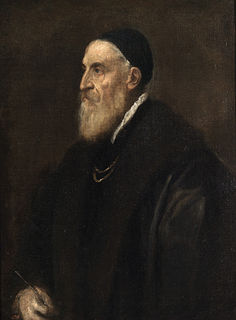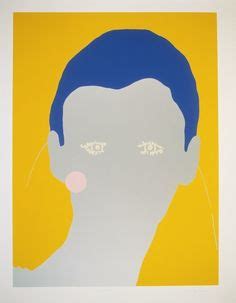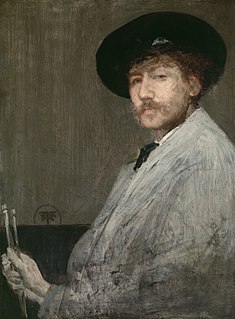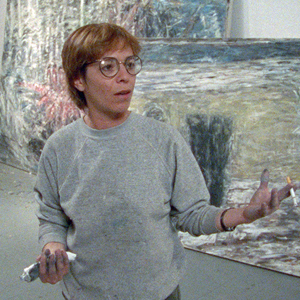A Quote by Elizabeth Neel
Sometimes you need to live with a painting for a while. Starting a painting can be easy, but finishing it... that's the skill of the painter, how you finally know when it's done.
Related Quotes
Not every painter has a gift for painting, in fact, many painters are disappointed when they meet with difficulties in art. Painting done under pressure by artists without the necessary talent can only give rise to formlessness, as painting is a profession that requires peace of mind. The painter must always seek the essence of things, always represent the essential characteristics and emotions of the person he is painting.
I like painting because it's something I never come to the end of. Sometimes I paint a picture, then I paint it all out. Sometimes I'm working on fifteen or twenty pictures at the same time. I do that because I want to - because I like to change my mind so often. The thing to do is always to keep starting to paint, never finishing painting.
Your poems are rather hard to understand, whereas your paintings are so easy. Easy? Of course - you paint flowers and girls and sunsets; things that everybody understands. I never met him. Who? Everybody. Did you ever hear of nonrepresentational painting? I am. Pardon me? I am a painter, and painting is nonrepresentational. Not all painting. No: housepainting is representational. And what does a housepainter represent? Ten dollars an hour. In other words, you don't want to be serious - It takes two to be serious.
Think of a fine painter attempting to capture an inner vision, beginning with one corner of the canvas, painting what she thinks should be there, not quite pulling it off, covering it over with white paint, and trying again, each time finding out what her painting isn't, until she finally finds out what it is. And when you finally do find out what one corner of your vision is; you're off and running.






































